Regional
DRC: International community not proposing solutions to insecurity
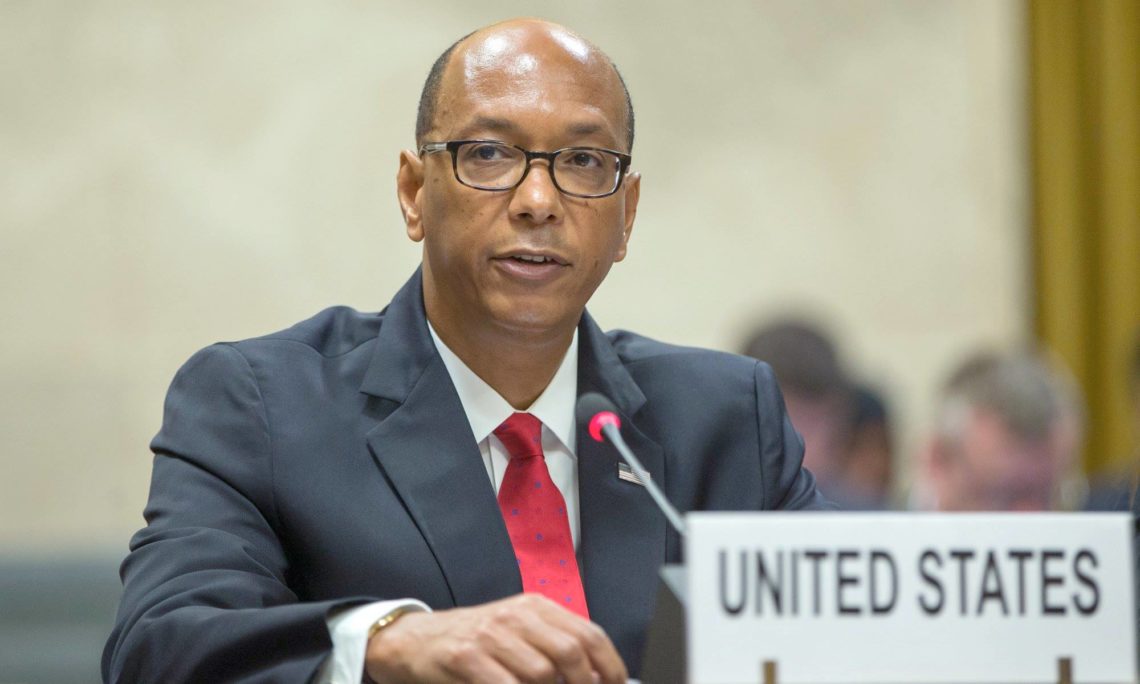
The
hostilities in eastern DRC have attracted global attention but genuine
solutions are never proposed.
Blame
games absorb more time – with Kinshasa and some state parties with ulterior
motives accusing Rwanda of supporting the M23 rebellion – whenever the
Congolese leadership engages in discussions concerning, or not concerning, the
region’s situation. Some in the West have joined DRC’s blame game, instead of
providing realistic solutions to the endless security threat.
Without
providing a shred of evidence, the US Alternative Representative for Special
Political Affairs, Amb Robert Wood, on October 26, alleged that Rwanda is
supporting the M23 rebels. Addressing the UN Security Council, Wood said: “This
violence is unacceptable, and the United States calls on armed groups to
discontinue their assaults on the DRC’s most vulnerable populations. We also
call on state actors to stop their support for these groups, including the
Rwandan Defense Forces’ assistance to M23.”
However,
Wood ignored the hundreds of civilians killed by FDLR militia in the region, as
Human Rights Watch (HRW) recently reported. He also lied when claiming that the
UN Regional Strategy for the Great Lakes is an important means of bringing
peace to the region. On October 18, HRW published a report pinning the DRC army
on supplying arms and ammunitions to the FDLR terror group whose remnants
committed the 1994 Genocide against the Tutsi.
“FDLR
fighters have killed hundreds of civilians over the years in eastern Congo, at
times hacked them to death with machetes or hoes, or burned them in their
homes. The fighters have committed countless rapes and other acts of sexual
violence,” reads the report.
The
Congolese army used FDLR and other militia groups to fight the M23 rebels who
seized the border town of Bunagana in June.
Wood
talked about the “anti-MONUSCO rhetoric” that led to 32 demonstrators and at
least five peacekeepers killed during protests against the presence of UN
mission in DRC. All through his speech, the American envoy failed to comment on
anti-Rwandophone killings which are pointing to a preparation of genocide
against Kinyarwanda-speaking Congolese. Government and military officials are
involved in ongoing hate speech and murders. In Wood’s remarks, nothing is
mentioned to stop this.
Rwanda’s
Deputy Permanent Representative to the UN, Robert Kayinamura, called out the UN
to address DRC issues from the roots rather than focusing on the consequences,
citing the causes of conflict as a crucial factor.
“This
brings my intervention to the dangerous attitude that classifies specific
communities in the Eastern DRC as ‘foreigners’ and thus should ‘go back where
they came from.’ Such an attitude is a seed of unending conflict. It promotes
hate, marginalization and violence. This dangerous rhetoric undermines the
United Nations and the sub-regional efforts to find a lasting solution,” he
said.
Wood
complained that significant time is spent ‘speaking about military solutions to
a political problem’, signaling that achieving peace in the region will not
come by force. “Peace is contingent upon a political process, political will,
and political solutions,” Wood said.
But
Kinshasa has constantly refused to use political means to solve issues. Instead
of joining in DRC’s blame game, which clearly aims at canceling the 2023
elections, Wood should have advised Kinshasa to use the political means in
dealing with the situation.
Kigali
reiterated its firm commitment to contributing to a sustainable peaceful
regional security solution within agreed regional frameworks.


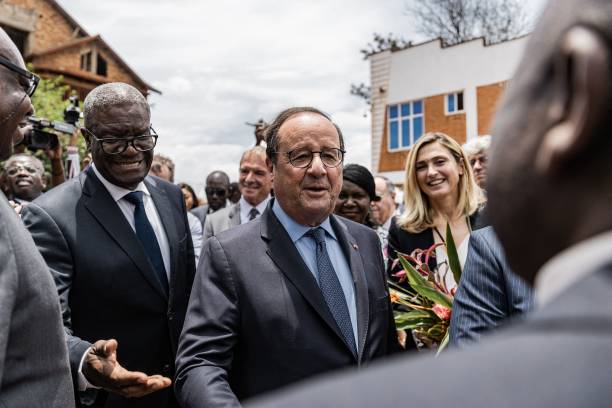
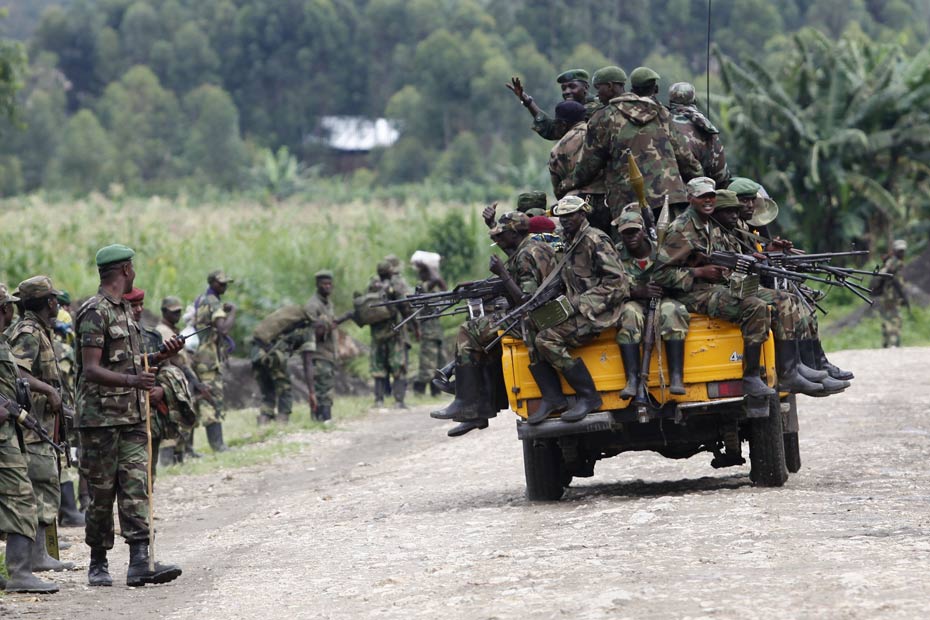
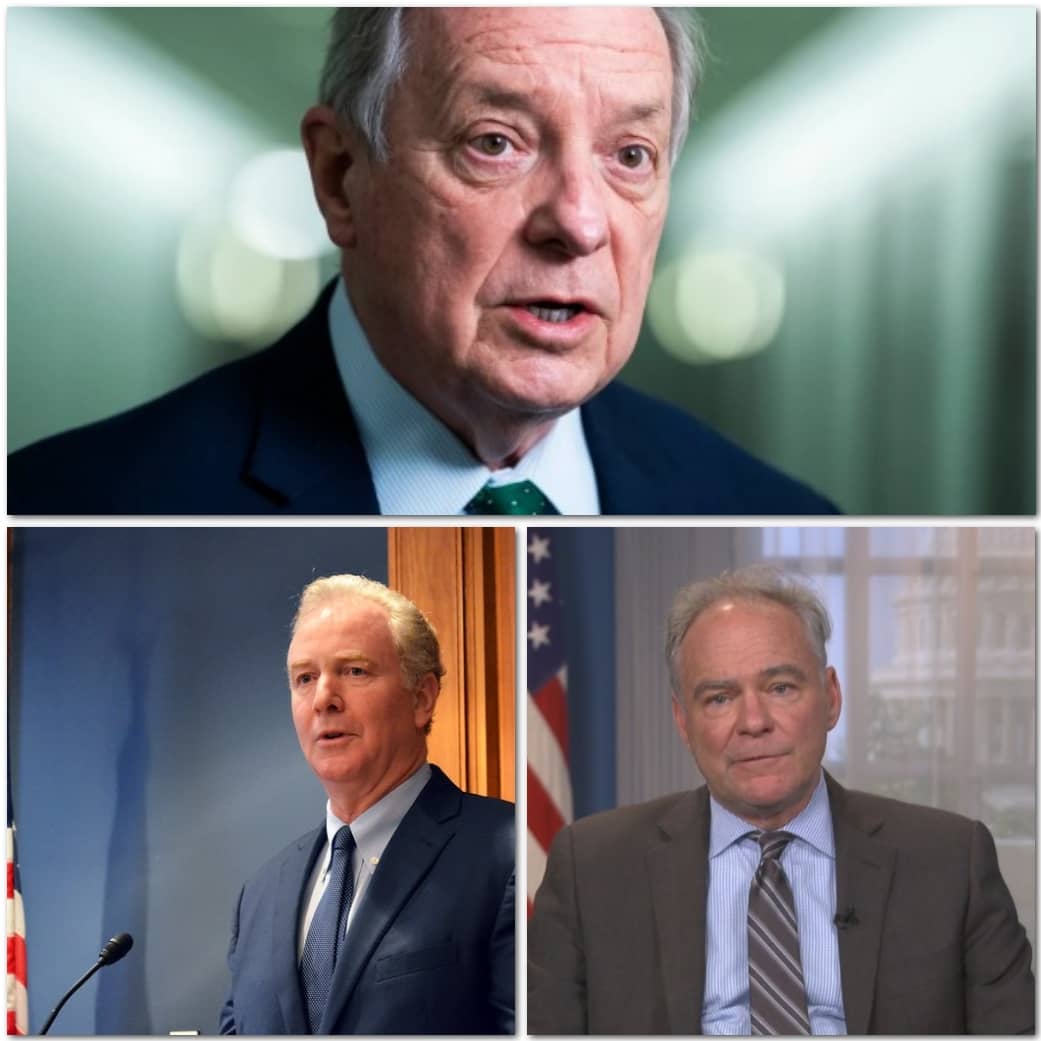
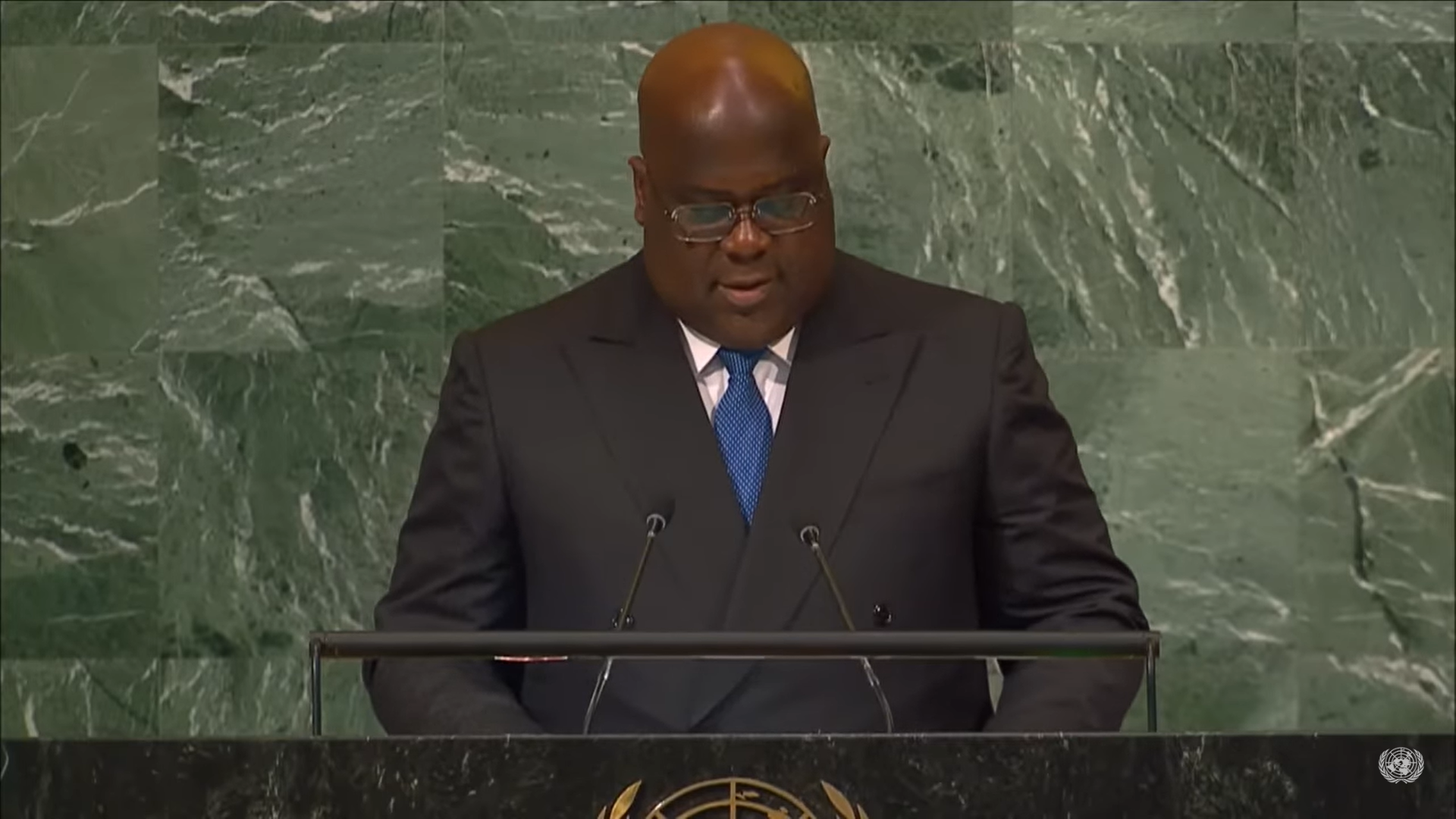
.jpg-20221022115216000000.jpg)